Keywords: Malcolm Turnbull
-
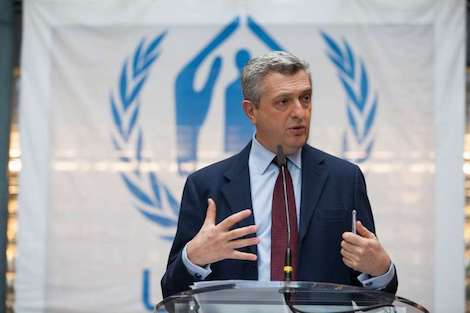
AUSTRALIA
- Frank Brennan
- 02 August 2017
29 Comments
What possessed Filippo Grandi, the relatively new United Nations High Commissioner for Refugees, to go public last week, having a go at Australia for our government’s treatment of unvisaed asylum seekers who arrived in Australia by boat? He repeated UNHCR’s demand that Australia terminate offshore processing of asylum seekers on Nauru and Manus Island and that we not outsource our responsibilities to others.
READ MORE 
-

MEDIA
- Binoy Kampmark
- 14 July 2017
6 Comments
Turnbull's attitude echoes the fear all autocracies have: that control is slipping away, and that citizens cannot be trusted to behave in a modern communications environment without government intrusions. Arguments are repeatedly made that such enlarged powers are never abused - a charmingly naive assumption - and that law enforcement authorities merely need the 'capacity' to have them. These can either abate, or be extended, after a review. The reality tends to be different.
READ MORE 
-
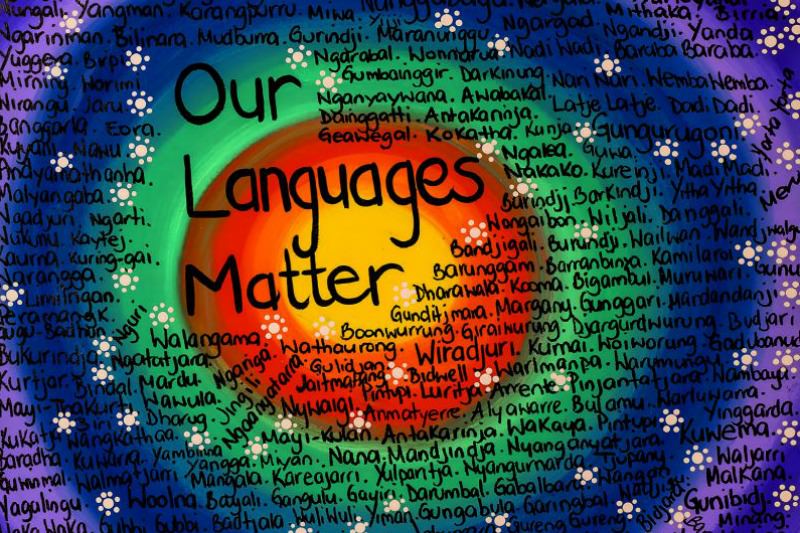
AUSTRALIA
- Frank Brennan
- 04 July 2017
6 Comments
It is no disrespect to those Aborigines and Torres Strait Islanders gathered at Uluru to say that now is the time for the report of the Referendum Council to be scrutinised by our national politicians, and that our elected leaders should pay special heed to the observations of those Indigenous members of the federal parliament who have offered considered reflections on the way forward. In particular, our elected representatives should have regard to the views of Patrick Dodson who is now Bill Shorten's Shadow Assistant Minister for Indigenous Affairs and Aboriginal and Torres Strait Islanders.
READ MORE 
-
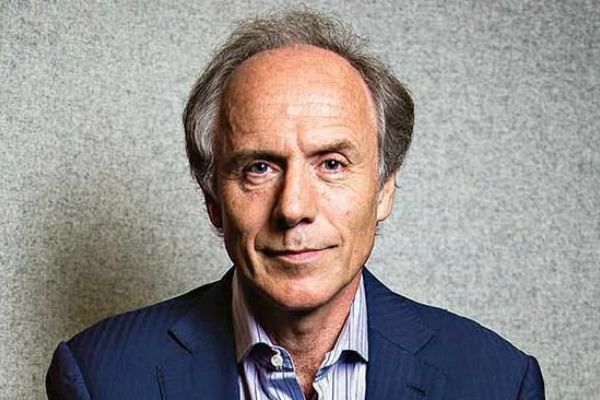
ENVIRONMENT
- Greg Foyster
- 22 June 2017
6 Comments
If politics is theatre, climate politics is a family drama. For the last decade we've watched two rival households having the same endless argument. Political journos call it the 'climate wars' and mostly focus on the lead actors standing in the spotlight - in the Western narrative tradition, characters drive events. Almost no one has noticed the scenery change. Stagehands dismantled the backdrop years ago, but politicians have carried on as if the same circumstances existed when they started this charade.
READ MORE 
-
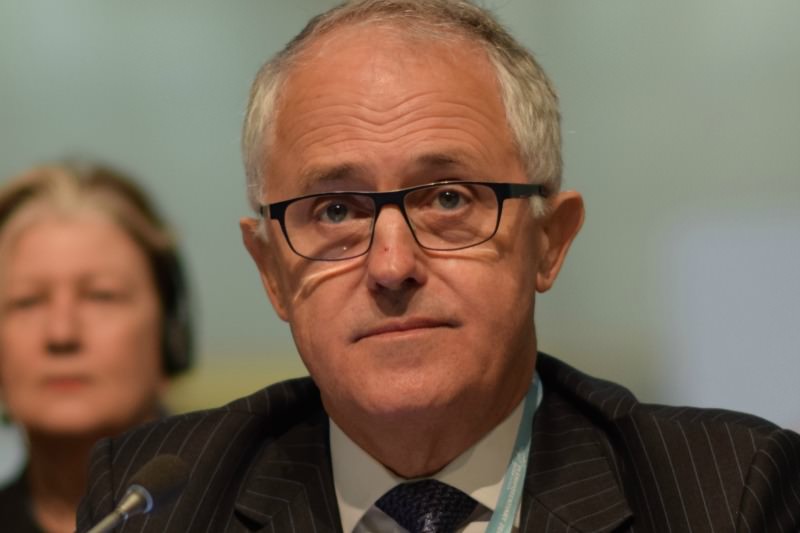
AUSTRALIA
- Fatima Measham
- 21 June 2017
15 Comments
In the latest Essential poll, the primary vote for Pauline Hanson's One Nation lifted to 11 per cent. It does not bode well when competence is no longer the baseline; though in a leadership vacuum, 'someone else' holds a natural appeal. In any case, there can be worse things than incompetence. There is timidity. Mediocrity. Running up the cost of doing nothing at all. In so many ways, the Australian political class is holding us back. That is the crux of nearly every policy impasse over the past several years.
READ MORE 
-

AUSTRALIA
- Frank Brennan
- 31 May 2017
6 Comments
Indigenous leaders this last week have called for the creation of two new legal entities. They want a First Nations Voice enshrined in the Constitution, and a Makarrata Commission set up by legislation. The Makarrata Commission would supervise agreement making between governments and First Nations and engage in truth telling about history. The envisaged destination is a national Makarrata (or treaty). So the immediate constitutional issue is the creation of the First Nations Voice. There is no point in proceeding with a referendum on a question which fails to win the approval of Indigenous Australia. Neither is there any point in proceeding with a referendum which is unlikely to win the approval of the voting public.
READ MORE
-
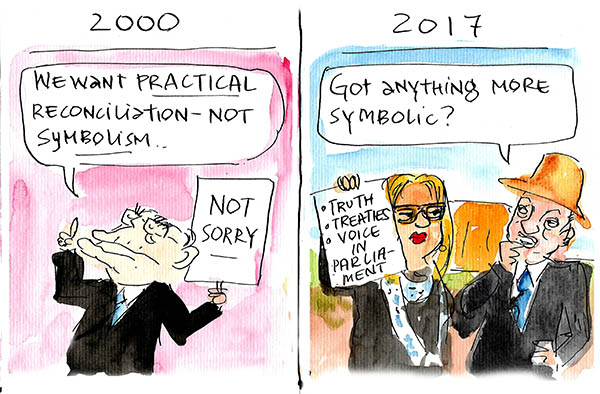
AUSTRALIA
- Kate Galloway
- 30 May 2017
10 Comments
Political response has been ambivalent at best, and ambivalence sounds a death knell for mainstream engagement by a tentative public. Turnbull pointed out that any claim must be acceptable to the general public to succeed. In the next breath he discussed the success of the 1967 Referendum. This was disingenuous given the political reality of 67, where there was no case presented for a no vote. After the Uluru Statement, it is now not possible to ignore substantive constitutional reform, or treaty.
READ MORE 
-

EDUCATION
- Frank Brennan
- 24 May 2017
20 Comments
The level of consultation prior to the announced changes was appalling. But that is water under the bridge. It's time to enunciate some clear principles, and for respectful consultations to take place investigating how those principles can be best applied. This must be done within the realistic political environment in which we find ourselves. At the same time the Catholic system should ensure its schools are more available to the poor, enacting Pope Francis's desire for 'a Church which is poor and for the poor'.
READ MORE 
-

INTERNATIONAL
- Catherine Marshall
- 18 May 2017
13 Comments
Australia should think carefully about adopting a ban that singles out Muslim majority countries under the guise of keeping its citizens safe. While it might make sense to ban potential bomb-carrying devices on flights from those countries where terrorist groups tend to be based, in reality it negatively profiles these countries and, more oppressively, the people who come from them. This is precisely the kind of dog whistle politics the likes of Trump and Hanson have engaged in.
READ MORE 
-

RELIGION
- Frank Brennan
- 08 May 2017
1 Comment
Our Church is presently a strained, outdated social institution with an exclusively male hierarchy and clergy. But it is also the privileged locus for us to be called to the banquet of the Lord sharing theology and sacrament which have sustained the hearts and minds of similar pilgrims for two millennia. Thank God for Pope Francis who is showing us the way, helping us to find meaning in our changing and chaotic world, putting a fresh spring in the step of all those Catholics holding in tension the prophetic and the practical, the theological and the humanist, the tradition and the contemporary reality.
READ MORE
-
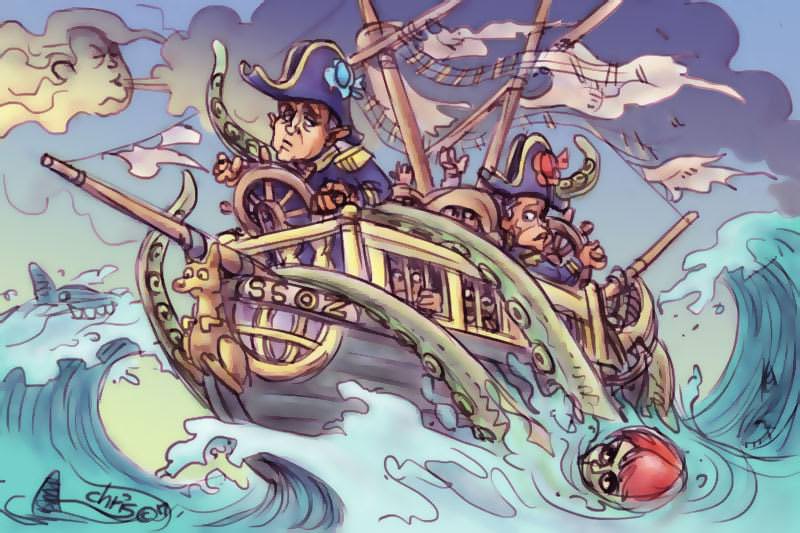
AUSTRALIA
- Andrew Hamilton
- 08 May 2017
11 Comments
In Australian public life we are becalmed in a sea where the trade winds of political will, imagination, ability to agree, trust and firm direction do not blow. We search for portents in the US skies and hope for wind from the budget. The challenge facing the serious person on the ship is to avoid responding to each rumour and proclamation and focus on what matters. What is needed is to sustain the spirits of the crew and to plan the continuation of the journey when the wind again fills the sails.
READ MORE 
-
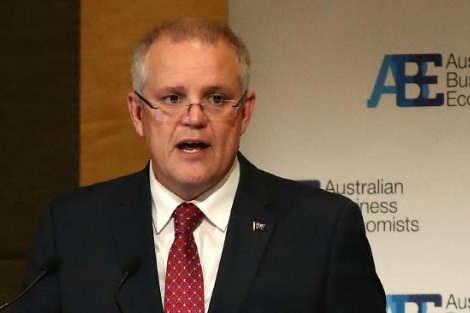
AUSTRALIA
- Frank Brennan
- 07 May 2017
7 Comments
Part of the cost of the double dissolution election last July has been the creation of a Senate with the largest, most diverse group of crossbenchers ever. This will make the passage of any new contested Budget measures difficult, particularly given the Prime Minister’s vulnerability on his right flank, and the Labor Party's propensity to mimic the Opposition tactics adopted previously by Tony Abbott. The government needs to create a clear narrative as to how it will achieve equitable and sustainable growth through this Budget.
READ MORE 